Medicine Safety Ideas for Families
July 16, 2025
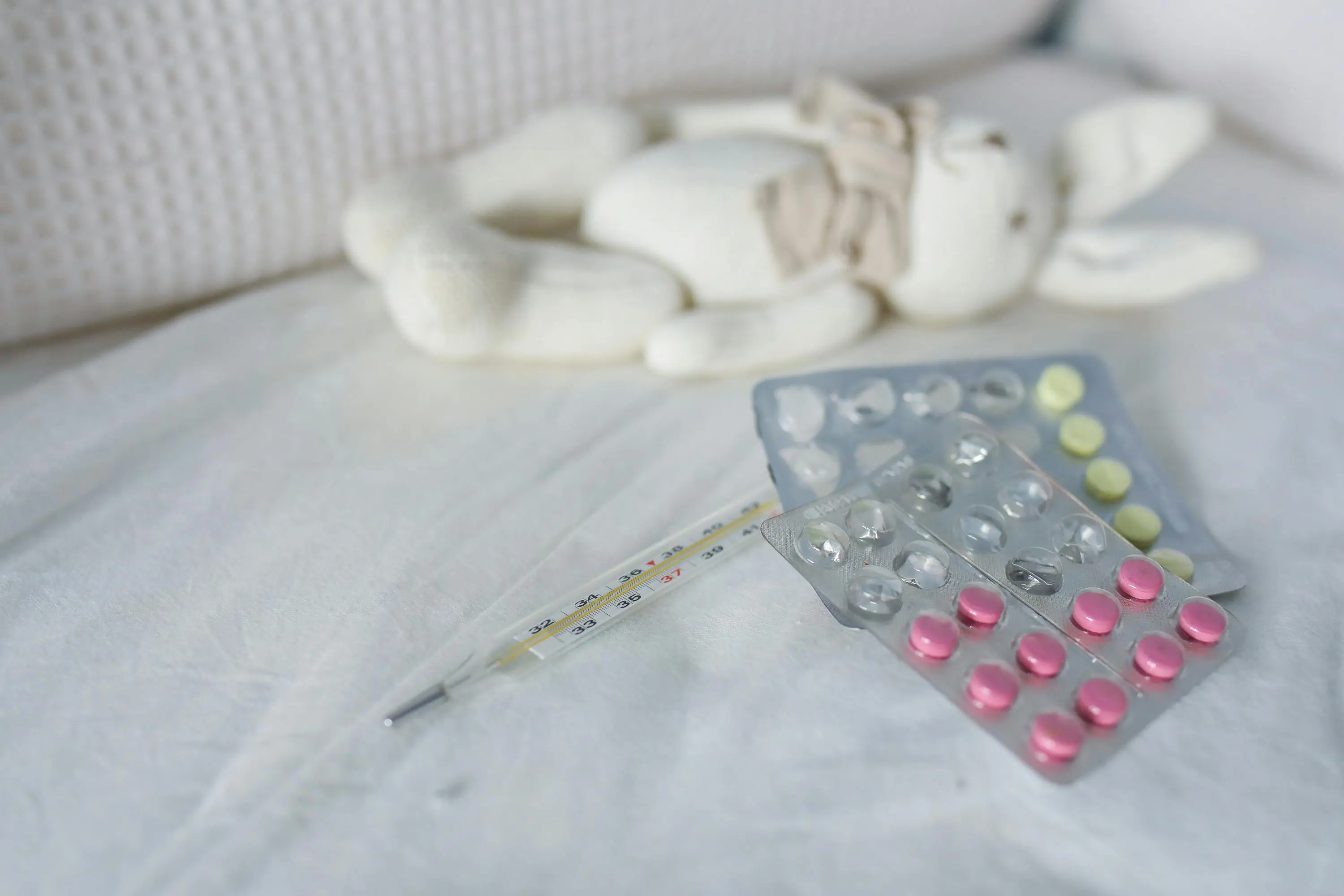
The following information and resources have been provided courtesy of The Lurie Center for Autism, a program of Massachusetts General Hospital and Mass General for Children.
The Lurie Center for Autism is committed to advancing treatments for and knowledge about Autism Spectrum Disorder (ASD) and other developmental disorders, and translating these discoveries into exceptional clinical care. A program of Massachusetts General Hospital and Mass General for Children, The Lurie Center is a multidisciplinary treatment, research, training, and advocacy organization dedicated to supporting individuals and their families across the lifespan.
This resource is intended to provide information so that you can be better informed. It is not a substitute for medical advice and should not be used to treat any medical conditions.
This information is also available in Arabic, Chinese, Haitian Creole, Portuguese and Spanish. Click here to view these resources.
Medicine Safety Ideas for Families: At Home and In the Hospital
Did you know that medicine mistakes happen 3 times more often in children than adults? You are an important member of our team in promoting medicine safety for your child.
Why do medicine mistakes happen?
Knowing all the medicines your child is taking can be hard. Here are some reasons why:
- Families may use more than one pharmacy to fill prescriptions.
- Your child may see more than one doctor. They may be cared for in clinics or hospitals that do not share information easily.
- Medicines have more than one name (a generic name like Cola or a brand name like Pepsi).
- People might take medicines that are not prescribed, like vitamins, herbal supplements, or dietary supplements.
- People might take medicines differently from how they were prescribed, or the most recent dose may not be updated in the patient’s chart.
- Children of different sizes take different doses of the same medicine.
- Liquid medicine doses can be listed in different ways (medicine tablets given in milligrams, compared to liquid medicine given in milliliters).
Your doctors, nurses, and other health care providers need your help to make sure they understand what medicines your child is taking and how they are taking them. You are an important team member in helping to prevent mistakes (like giving your child too much or too little medicine) and negative interactions between medicines.
How can I help?
Keep a list of your child's medicine.
Get your child’s medicines list in Patient Gateway:
- Log into your child’s Patient Gateway account
- Select Menu
- Select Medications
If this list does not match what you give at home, talk with your child’s doctor or nurse.
Create your own list!
You can also make your own list of your child’s medicines on paper or in an app. Be sure to bring your list with you to your child’s appointments.
Below are ideas for medicine lists, but feel free to create your own:
- Use the Human Health app
- Ask your child’s doctor or nurse for a medicine log sheet you can fill in
- Ask your child’s doctor or nurse to print out a list from your child’s medical record
- Print and fill out My Medicines List in Microsoft Word
To help fill in the information, gather up all the medicines your child takes and sort them into 3 groups:
- Medicines taken every day
- Medicines taken regularly but not every day
- Medicines taken only when needed
Starting with the medicine taken every day, create your list to include:
- Name of the medicine – include both the generic name (example: acetaminophen) and the brand name (example: Tylenol)
- Strength of the medicine (examples: 20 mg tablet or 100 mg/5mL liquid)
- How much medicine to take (examples: 1 ½ tablets or 3.75 mL)
- What time(s) to take the medicine
- How to take the medicine (examples: take with food or on an empty stomach)
- Reason for taking the medicine
Next, fill in the information for medicines taken regularly but not every day. Last, fill in the information for medicines taken only when needed.
Use a medicine reminder app
Pill reminder apps can help you keep track of your child’s medicines and remind you when it is time to give them medicine. There are many apps available for phones and tablets. Some are free (e.g., Human Health) and some come with a cost. Try them out and find one that works well for you.
Medicine safety tips
Each year, about 50,000 children under age 5 go to emergency departments for poisoning after getting into medicines. Here are ways you can store and use medicines safely.
- Store medicines safely. Keep all medicines in a safe place. Keep them out of the sight and reach of young children. Even better, lock them up in a small safe or lockbox.
- Set reminders. Set an alarm on your phone to remind you when it is time to give your child medicine, rather than leaving it on the counter in plain sight or within your child’s reach.
- Lock the safety cap. If the bottle has a locking cap that turns, twist it until you hear the click or cannot twist anymore.
- Use the measuring device that came with the medicine. It could be a cup, a spoon, or an oral syringe. Mark the right dose on the device and keep it with that medicine.
- Don’t use kitchen spoons to measure doses. Kitchen spoons come in many different sizes and are easy to measure incorrectly. Ask your pharmacist for a dosing device.
- Don’t let your child drink directly from the medicine bottle. You should always measure the dose correctly with a dosing device.
- Give medicine as directed and re-read the label every time. Double check the instructions every time so you can give the medicine correctly as instructed. If you have questions about the instructions, talk to the pharmacist.
- Be careful with flavored medicines. Manufacturers offer a variety of flavors to make taking medicine easier. But children may want to take more than prescribed, and an accidental overdose could happen.
- Don’t call medicine “candy.” While it can be tempting to make the medicine sound appealing to your child, you don’t want them to take an extra dose when they’re not supposed to.
- Know your child’s weight. Children’s medicines usually have different doses based on your child’s weight. It is important to know exactly how much your child weighs. If you are not sure, put your child on an accurate scale before giving them medicine.
- Remind guests about safety. When visitors come, remind them to keep their purses, bags, or coats that have medicine in them up high, away, and out of sight and reach of young children while in your home.
- Dispose of all unused medicines. Don’t keep medicines after you are done taking them. Check with your local pharmacy, poison control center, and police station. Many will take old medicine for safe disposal. There is also a blue dropbox near the MGH Outpatient Pharmacy on Wang 1 that can be used to dispose of medicines that are no longer needed.
- Keep the Poison Center phone number in your phone and near each home phone: Call 1-800-222-1222 OR Text or chat POISON to 85511
Revised 02/2024.
This is a div block with a Webflow interaction that will be triggered when the heading is in the view.











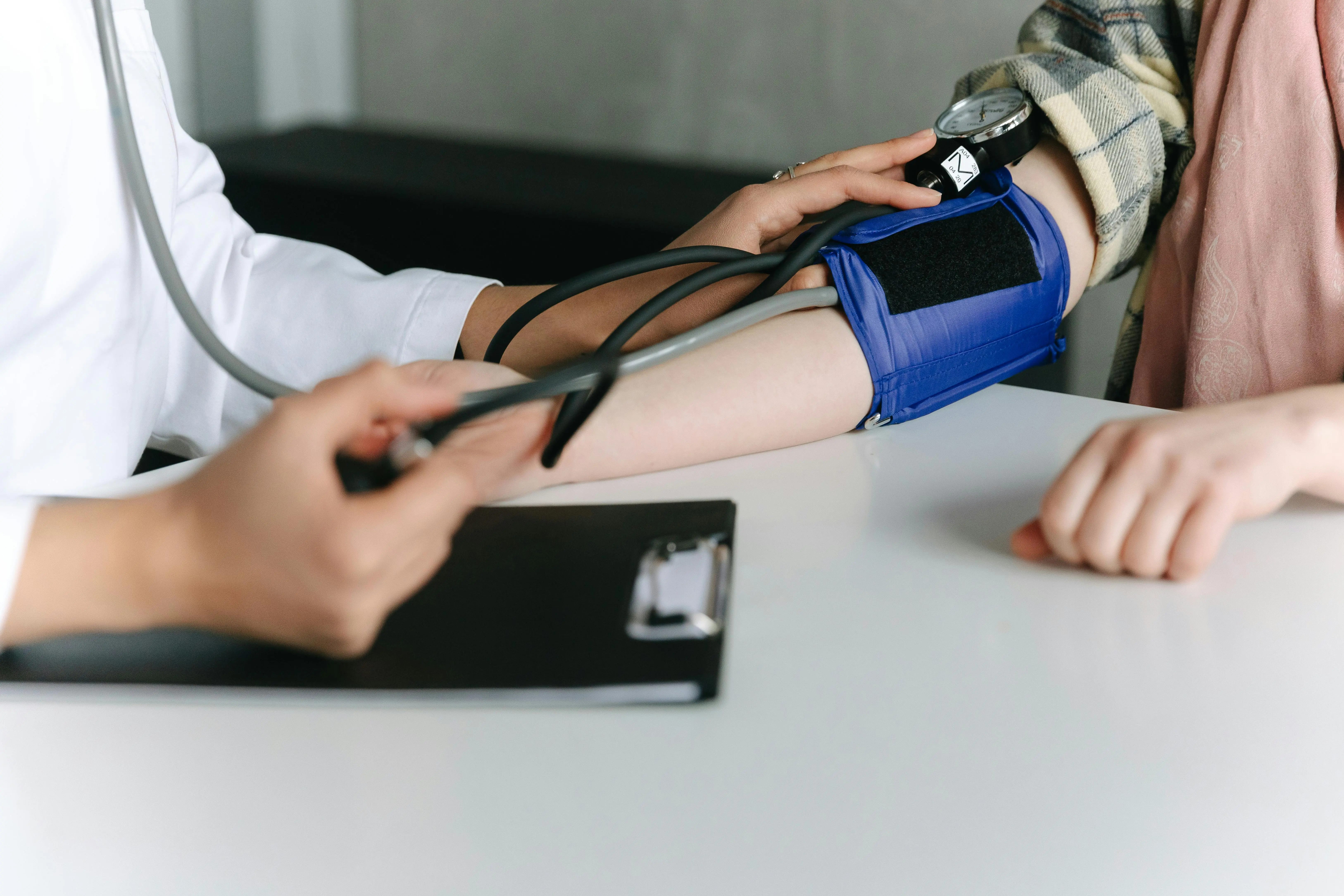
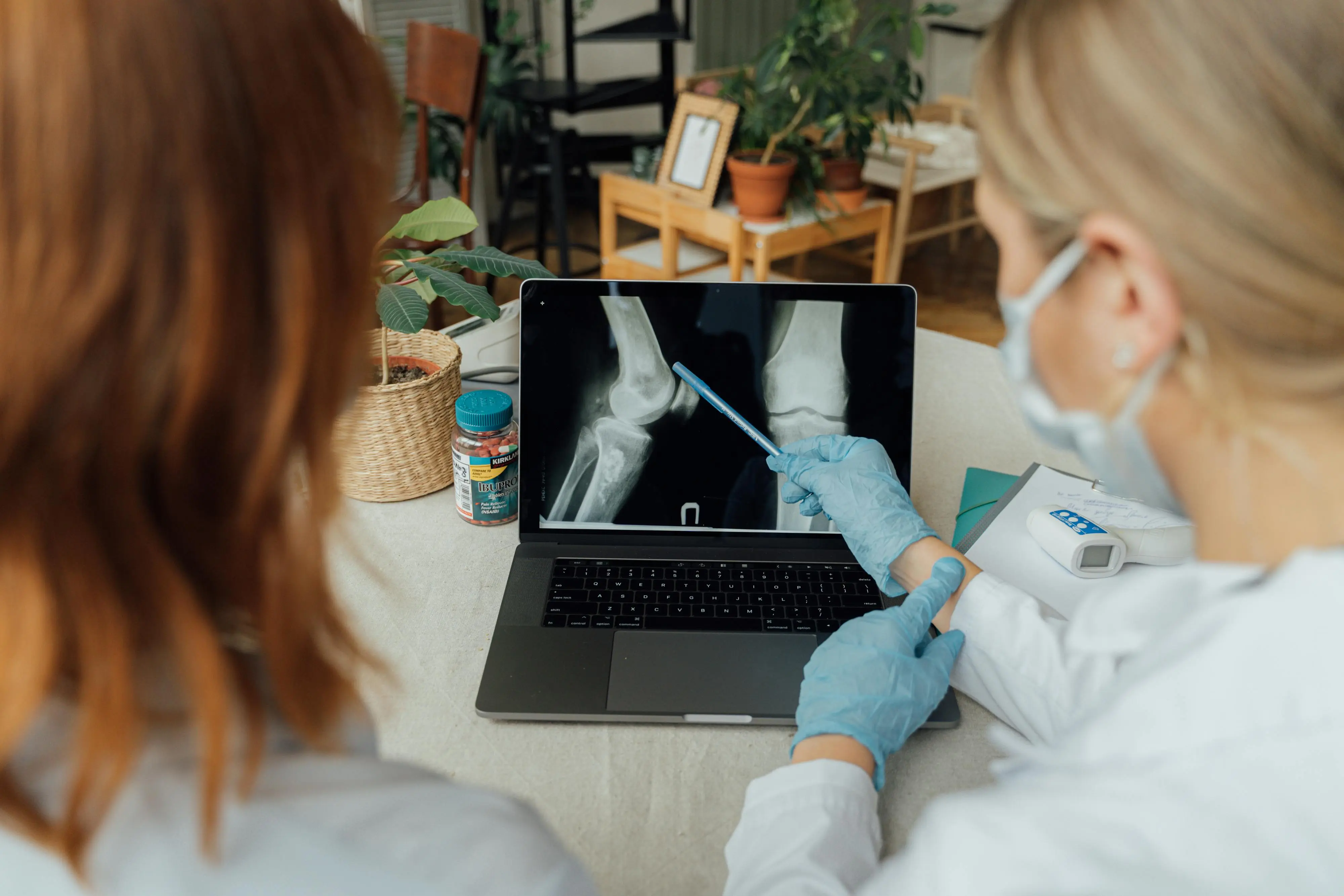
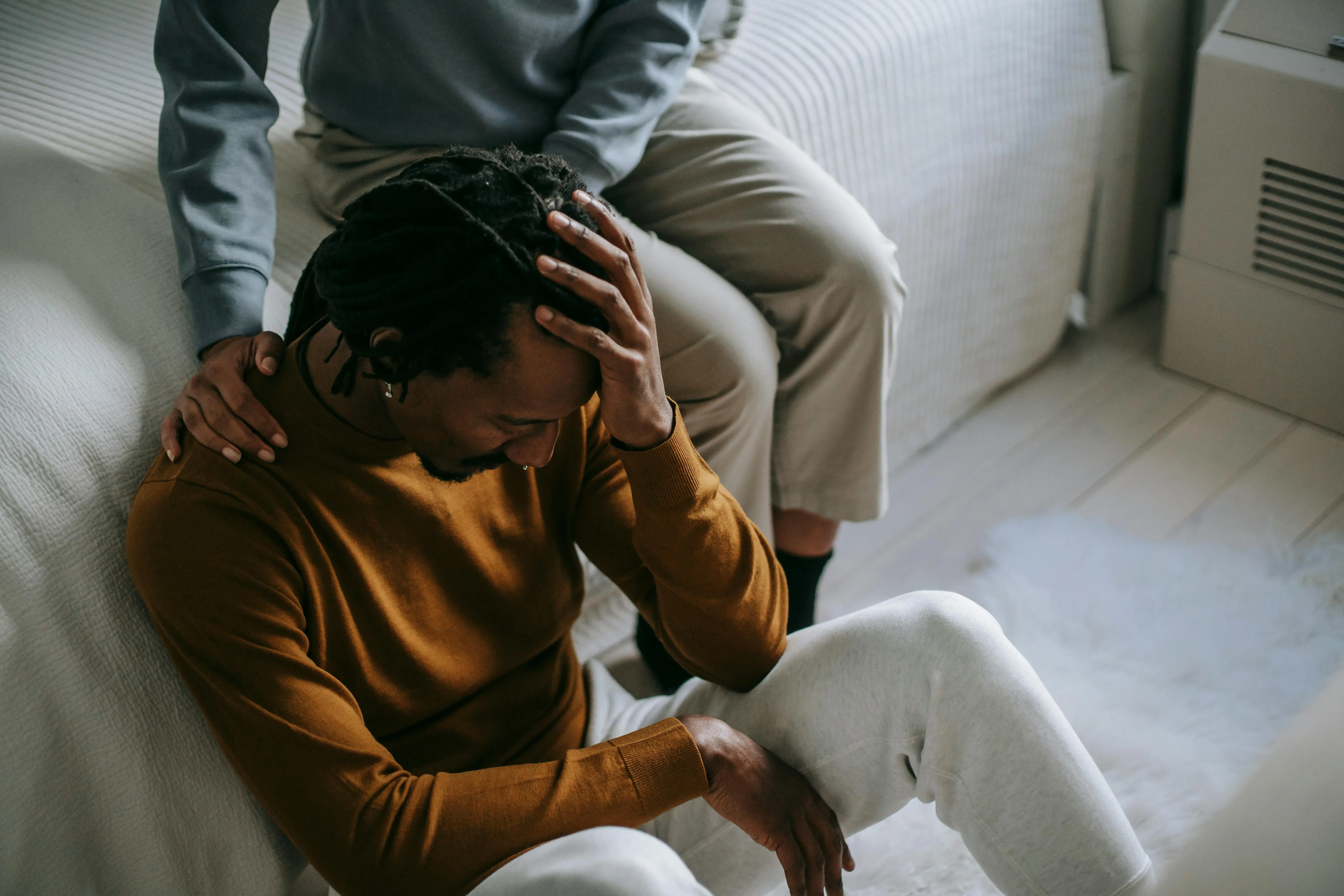

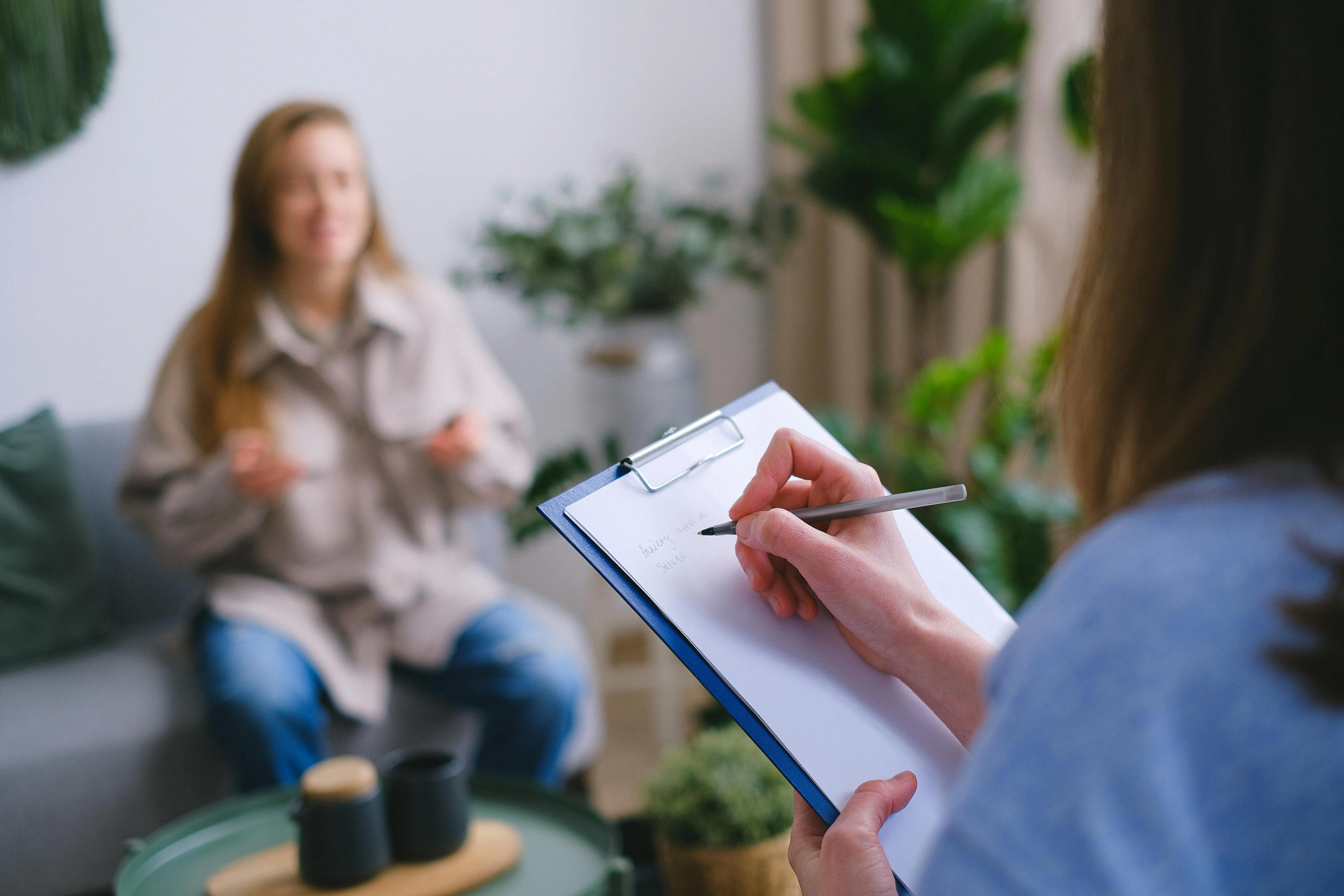
.png)

